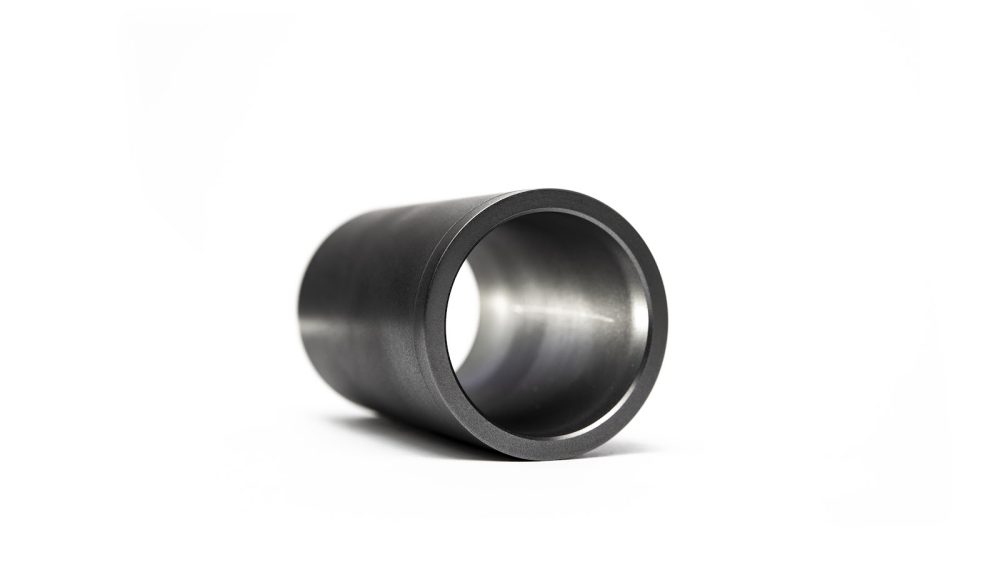When your Original Equipment Manufacturer (or OEM) does not have the bearings you need, you can be unsure of where to turn to replacement parts. Fortunately, most businesses have the option of utilizing carbon graphite. But if you aren’t familiar with the benefits of carbon graphite bearings, here is an overview of them and why so many industries opt to use them instead of parts from their OEM.
Benefits of Carbon Graphite Bearings
Several industries now turn to carbon graphite bearings because carbon graphite is known to have self-lubricating properties. Additionally, other materials may be impregnated into it to ensure that the bearings perform optimally for longer periods.
These bearings also tend to be maintenance-free, as their low coefficient of friction allows for optimal bearing performance in most applications. Most companies find that their utilization saves them money over time, even if the bearing was initially similar in the purchase price.
Industries that Utilize Carbon Graphite Bearings
See how several industries are using carbon graphite to their advantage.
Mining
Due to its self-lubricating properties, carbon graphite has become an essential material in the mining industry. One common use for carbon graphite is in mine shaft conveyors, which transport materials from deep within the mine to the surface. These conveyors, particularly their bearings, are often challenging to access and maintain.
Conventional bearings in conveyors require regular lubrication to reduce friction and prevent wear. However, in the case of inaccessible conveyors, frequent lubrication and maintenance can be challenging and time-consuming. This is where carbon graphite proves valuable.
Metal Treatment
The heating of metal is important for its use in many industries, most notably automotive and industrial applications. Metals often need to be heated to temperatures greater than 1,000 degrees Fahrenheit to ensure their physical properties for any given application. The heat treatment furnaces have bearings that are exposed to hot temperatures, which can be problematic because the lubricants will often burn off, causing failure of the bearing. Carbon graphite resolves this issue since it can withstand high temperatures, and there is no need to lubricate.
Learn more about why carbon graphite is a popular choice for crafting specialty parts.
Textile Production
Textile production often involves using large dye baths. These units often utilize bearings that need to withstand dye and resist chemical corrosion that results from the chemicals in the dye. Carbon graphite bearings for this use are very handy, as they can withstand the constant submersion in the dye and resist corrosion.
Pulp and Paper Production
Pulp and paper production is an intensive process that brings together high temperatures, caustic chemicals, and conveyor systems. Carbon graphite bearings are perfect in this setting as they can withstand high temperatures, are resistant to corrosion, and can self-lubricate, so there is less maintenance needed.
Oil and Gas
Carbon graphite bearings are found in many settings in the oil and gas field. Not only can the conditions be harsh, but the temperatures can also be extreme and the fluids can be caustic. More oil and gas entities are choosing carbon graphite bearings because they last longer and require less maintenance.
Order Quality Carbon Graphite Bearings from ROC Carbon
Many industries have embraced carbon graphite as their bearing material. Our list is by no means exhaustive, it just shows that there is a wide variety. As more companies embrace the benefits of carbon graphite, we expect even more industries to turn to it in the future.
Are you ready to experience the difference in a bearing that is self-lubricating as well as heat and corrosion-resistant? ROC Carbon would love to help! Request a quote today and we will get right to work on the bearings you need.







